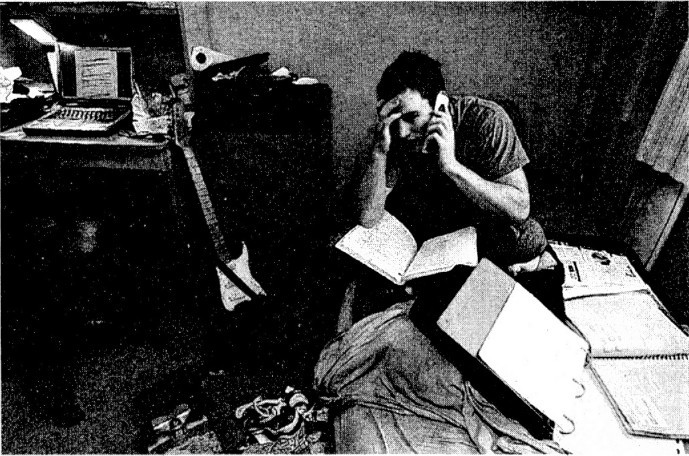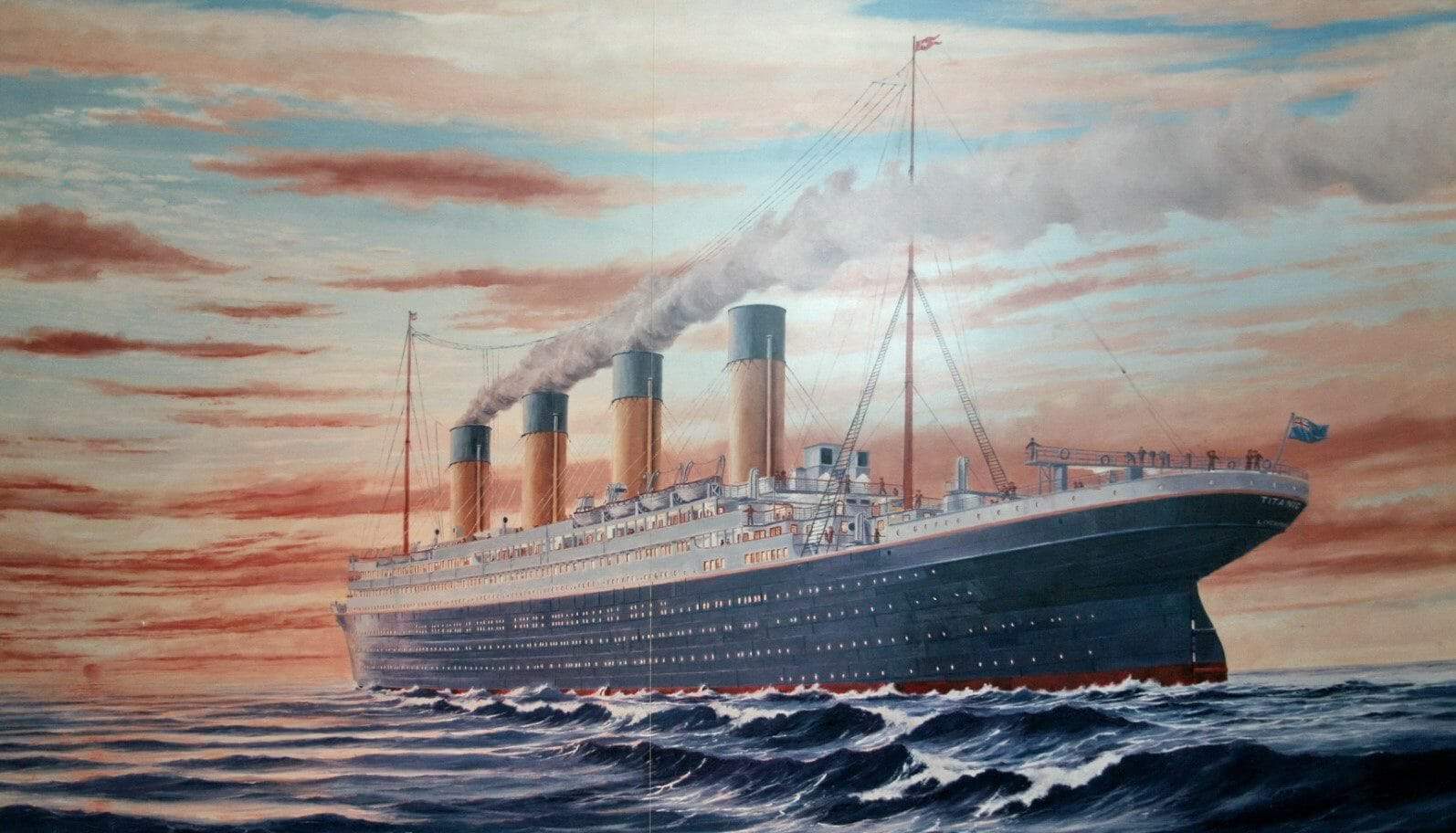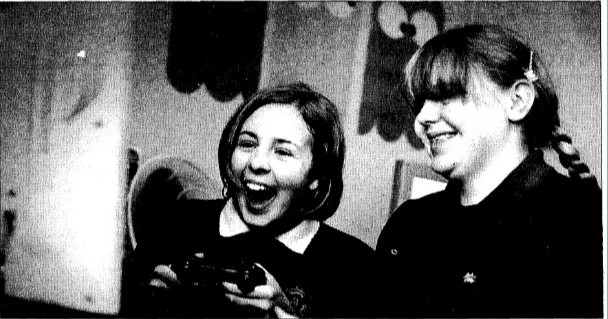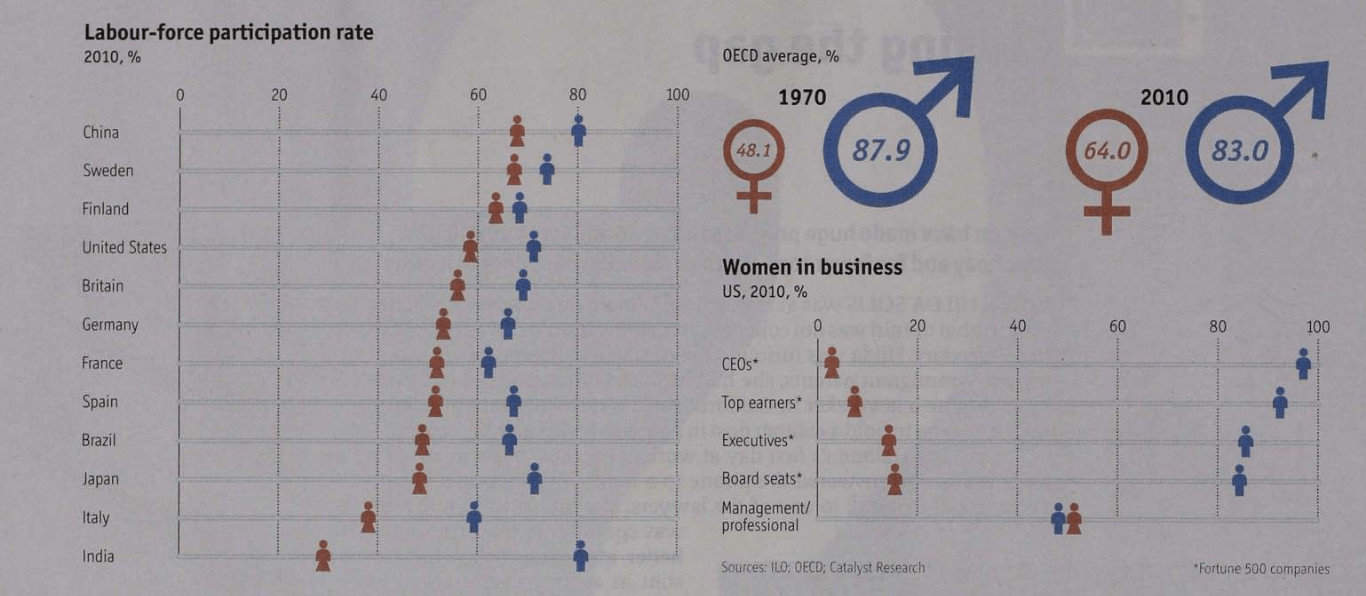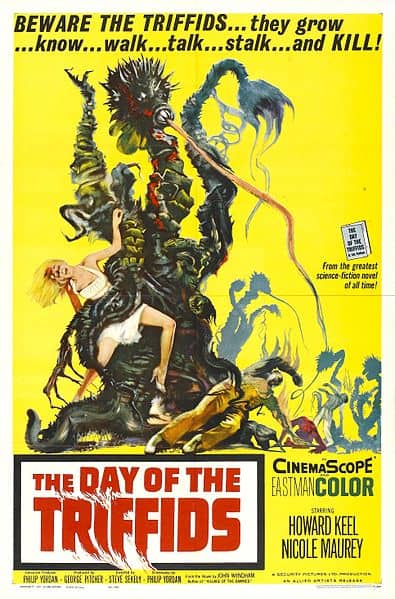│By Evelyn Moran, Gale Ambassador at the National University of Ireland, Galway│
When I first started university just over three years ago, I had a bit of a cry to myself that first night alone in my room. Part of me wanted to call my mam and say, “I don’t know what to do, please come get me”. Orientation week was jam-packed. There was lots of wandering around with a map in hand, asking for directions and following people I recognised, working out whether I had time to make the Philosophy talk, or should I go straight to Celtic Civ instead? My friends from home were at different unis, and I wasn’t all that great at starting conversations with new people. (One time I talked about a wobbly chair until silence took over…) It got easier, but many things remained jumbled.

